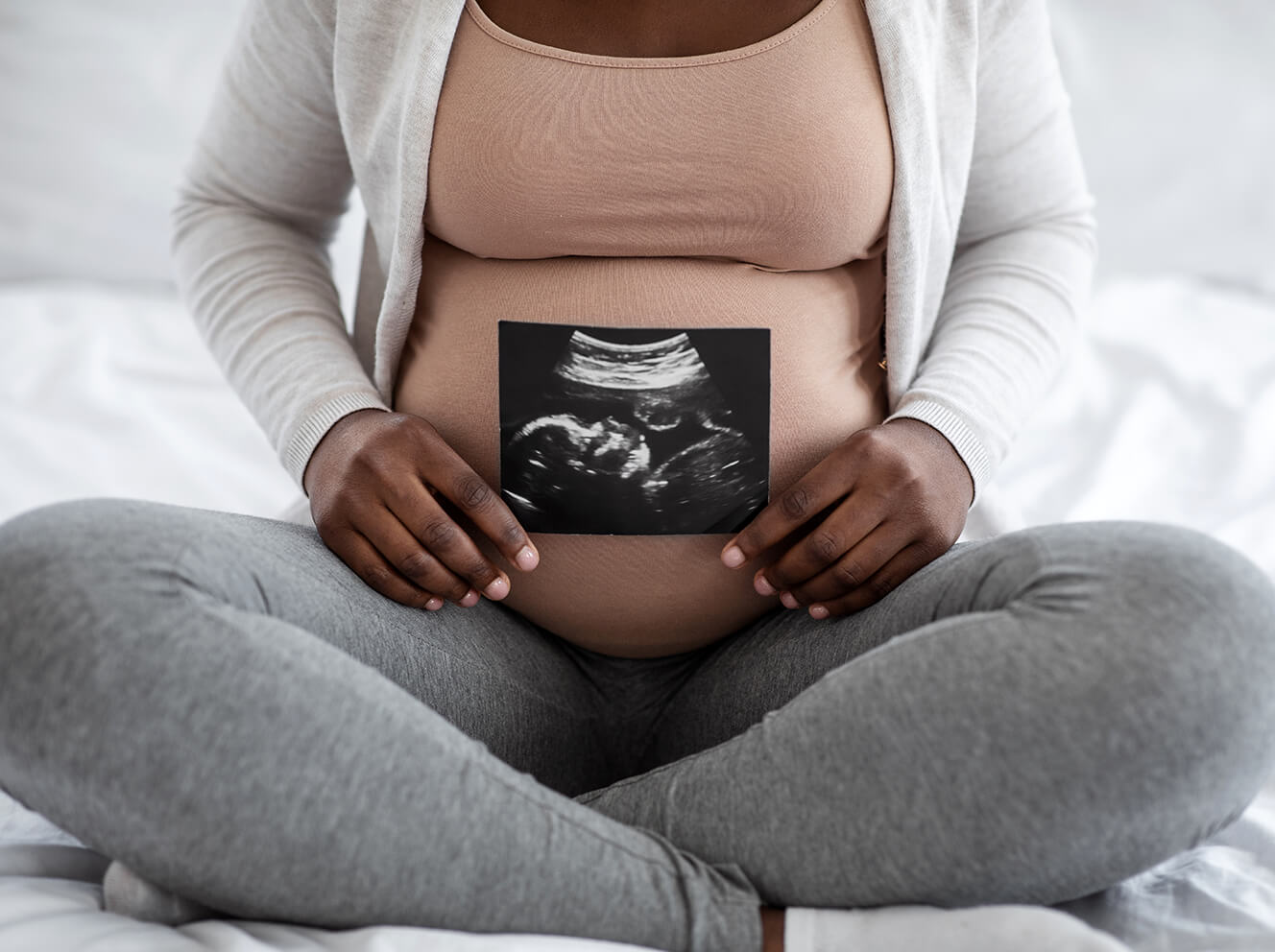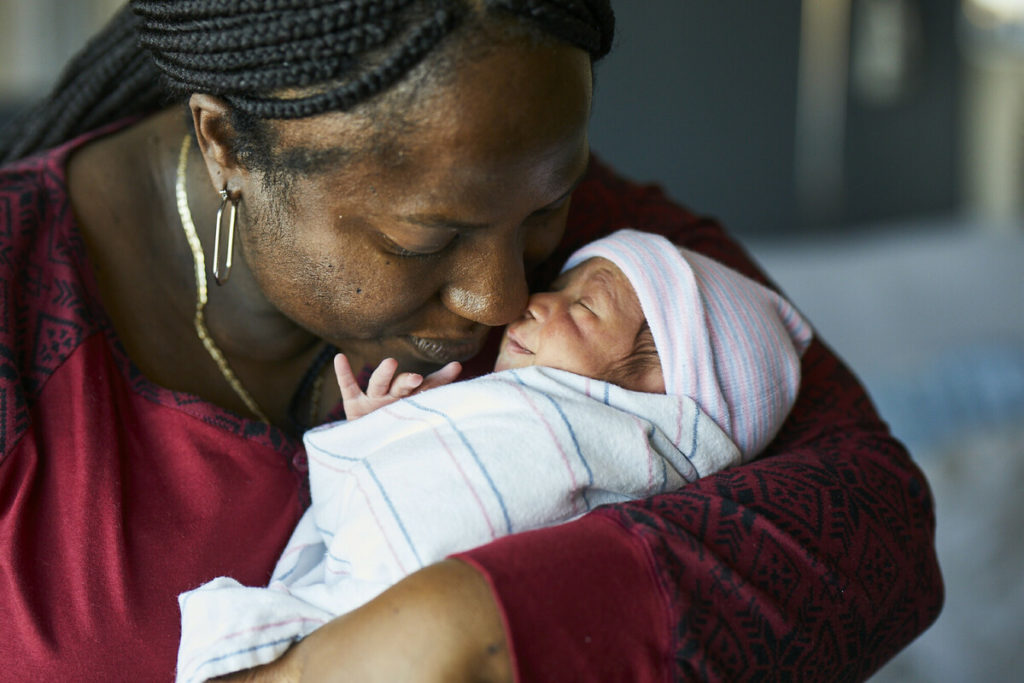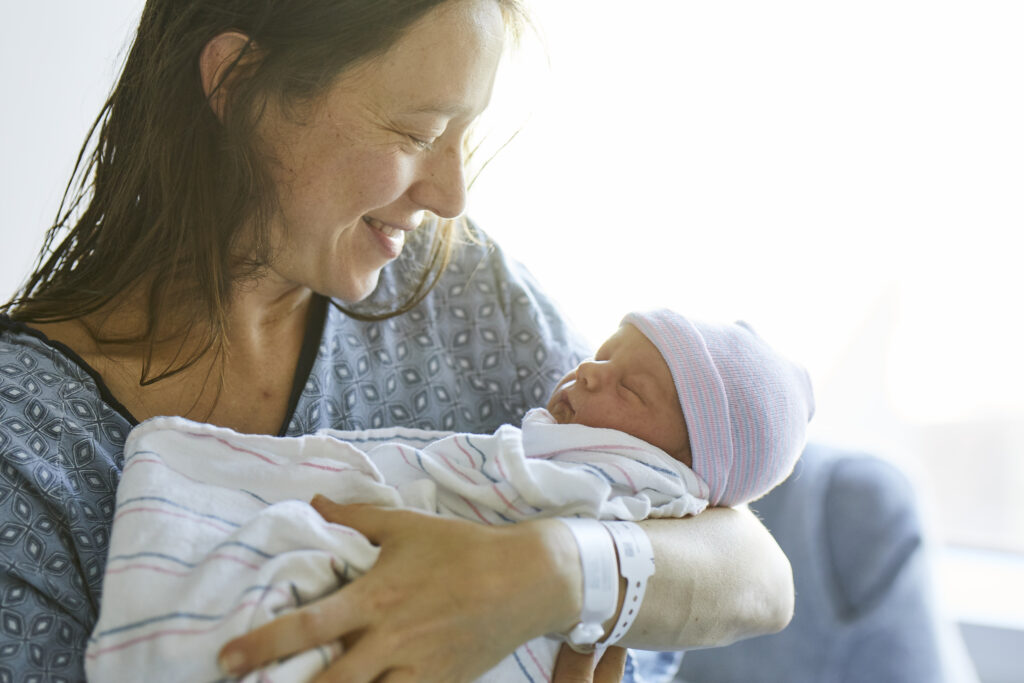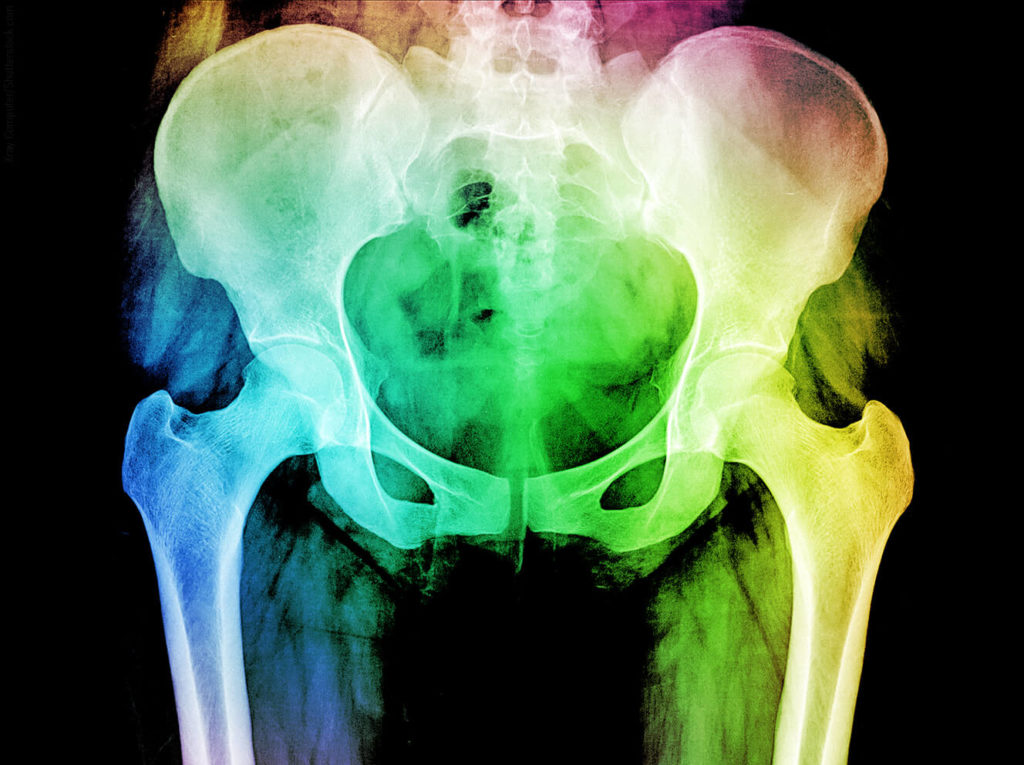The last several years have cast a bright light on the systemic barriers still existing in society — policies, practices and procedures that are rooted in unconscious bias and historical discrimination. Institutions across the country have had to reevaluate their own structures to increase equity and equality. Health care is not immune to this; for centuries, health care has driven, whether knowingly or unknowingly, systemic racist methods that impact patients and communities.
Massachusetts General Hospital wants to change this narrative and is determined to be a part of the solution. As a participant in Mass General Brigham’s (MGB) United Against Racism pledge, which supports antiracism efforts across all MGB hospitals, Mass General and partner hospitals are launching programs to dismantle barriers to equitable health care.

The Birth Partners program, developed by an MGB team that included Mass General maternal-fetal medicine specialist and Senior Medical Director for Health Equity at Mass General Brigham, Allison Bryant, MD, MPH, is a testament to this commitment. The doula program, which went live in the beginning of 2021, pairs doulas with expecting mothers of color to improve birth outcomes.
A Hands-On Approach to Reducing Inequities
“We know that maternal mortality and severe maternal morbidity are much higher in patients of color. Particularly, we see inequities in cesarean deliveries as well as breastfeeding,” says Dr. Bryant. “We launched Birth Partners to provide better support for individuals who face these realities and, ultimately, make a dent in some of those outcomes.”
Unlike midwives and obstetricians, doulas are not clinical providers, but instead serve as patient advocates and coaches with deep knowledge of pregnancy, delivery and postpartum care — a unique skillset, and one that can hopefully reduce inequities in labor, delivery and recovery from childbirth.
“We know that cultural and linguistic identities are important to our patients, so we make sure that the patient and doula speak the same language across many dimensions.”
More often than not, doula services are not covered by insurance and are paid for out-of-pocket by patients, so their presence in a woman’s pregnancy journey is relatively uncommon.
“Doulas have an evidence-based way of reducing cesarean rates and improving breastfeeding rates for all patients — regardless of race or ethnicity,” says Dr. Bryant. “If resources were not an issue, we would love to have a doula available for every patient. The current environment does not allow for that, so we are working to make them as accessible as possible to the patients who would not have doula access otherwise and who are at the highest risk of poor outcomes.”
Thoughtful Partnering
If a patient qualifies for Mass General’s Birth Partners program, they are paired with their doula in their third trimester, allowing time for two prenatal visits, delivery and postpartum care. When determining the pairing, the program intentionally pairs mother-to-be with a doula of linguistic concordance.
“We know that cultural and linguistic identities are important to our patients, so we make sure that the patient and doula speak the same language across many dimensions,” says Dr. Bryant. “We hope that our doulas might be someone with shared experience, making the connection more seamless.”
To date, the program has assisted with approximately 50 pairings and the feedback has been overwhelmingly positive. And although clinical outcomes are currently being collected, patients have expressed feeling heard and seen and have truly enjoyed the extra touch and doulas have articulated finding value and meaning in their work through Birth Partners.
Building Bridges, Sharing Space
Furthermore, there is a cultural shift among the Departments of Obstetrics and Gynecology across participating hospitals. “We have not always had doulas in our spaces in the hospital,” says Dr. Bryant. “It’s been an adjustment, but there is a newfound understanding and respect for the role of a doula. It’s been nice to build those bridges between faculty and doulas, and really showcase why this work is so critical.”
Given current funding limitations, the Birth Partners program is only able to offer support to a subset of patients. But Dr. Bryant aims to someday provide free doula care for every patient who desires it. In addition, Birth Partners hopes to build the doula workforce, creating a deeply diverse pipeline of doulas through training programs to meet an increase in need. Philanthropy is an essential pathway to make these dreams become a reality.
“To be better for our patients, we must continue to adjust and grow,” says Dr. Bryant. “We must check our biases at the door and create an environment where everyone is welcome, and everyone is supported equally.”
To make a gift to support the Birth Partners program or to learn more, please contact us.
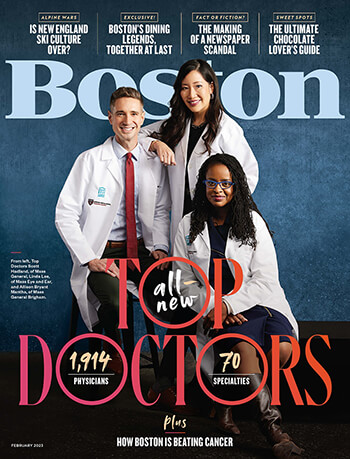
Boston Magazine recently published its 2023 Top Doctors list, featuring dozens of Mass General faculty members, including Allison Bryant, MD, MPH, who graced the cover.
